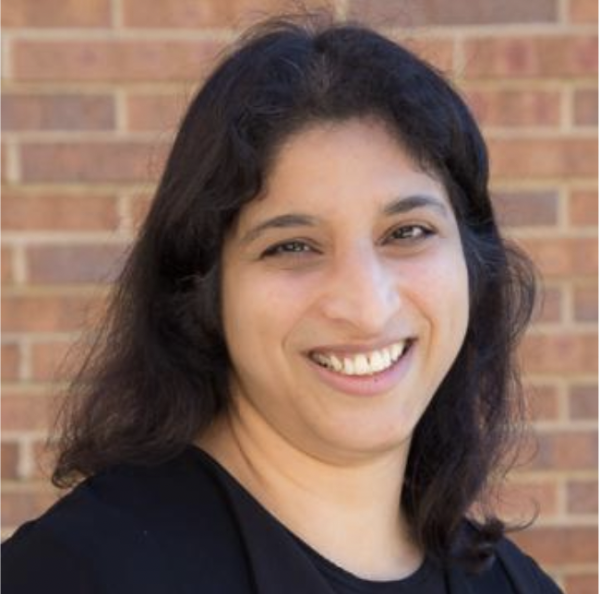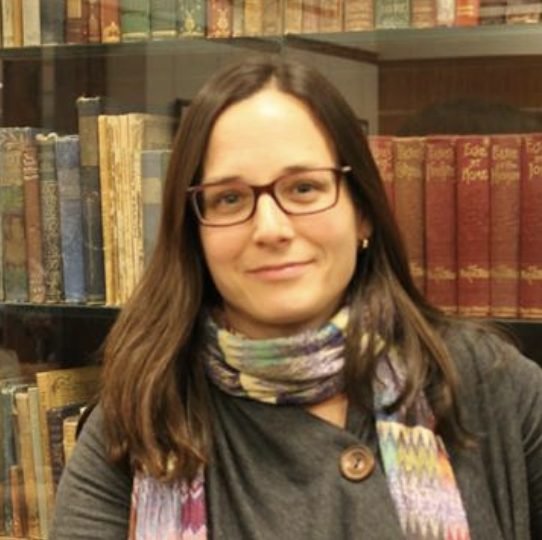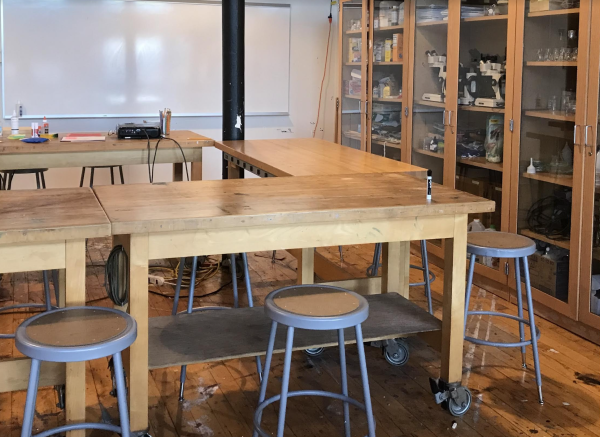Simmons students express hopes for change in the PLAN curriculum
“I wish there was more flexibility,” says Regan, claiming that PLAN courses made scheduling classes difficult for her, nearly to the point of delayed graduation. “It would be nice to not have to sacrifice things I wanted to take for PLAN.”
November 17, 2022
Fatigued by required courses, some Simmons students ask for more flexibility in the Simmons’ PLAN (Purpose, Leadership, ActioN), the liberal arts aspect of the university’s education.
According to Simmons’ website, PLAN is “highly customizable, centers on professional preparation, focuses on leadership and purpose, [and] has measurable outcomes.” The curriculum launched in 2018 following the designation of the institution as a University.
The curriculum consists of 60 total credits, including Key Content Areas (KCAs) and requirements such as the Leadership Course and 3D Narrative. PLAN takes up just under half of the total 128 credits needed to graduate.
Kiki Regan, a transfer student from MassArt and current senior at Simmons studying Computer Science and Studio Art, shares that her experience with the PLAN curriculum has been “frustrating.”
“They made me take classes equivalent to what I took at my previous institution,” says Regan, adding that even though MassArt is a part of the College of the Fenway consortium of schools, which allows students to cross-register classes and enjoy other schools’ facilities, none of her classes were able to transfer as KCAs or required courses. Regan states that “every credit transferred,” but not towards any of the PLAN requirements.
“I wish there was more flexibility,” says Regan, claiming that PLAN courses made scheduling classes difficult for her, nearly to the point of delayed graduation. “It would be nice to not have to sacrifice things I wanted to take for PLAN.”
Junior Social Work major Kerry Leninhan agrees with Regan’s sentiments, saying that she has little wiggle room with her current schedule. Lenihan states that she was only able to take one class related to her major during her first year because she had to “factor in [PLAN] requirements” like the Leadership Course. Lenihan states that because of this, her junior and senior years leave little space for classes outside of her major.
Speaking from a faculty standpoint, photography professor and PLAN advisor Edie Bresler feels that the PLAN curriculum is “a powerful medicine” for students. Bresler says that PLAN “is a valuable component to a student’s liberal arts education.”
Bresler taught a section of the Boston Course, a PLAN class required for first-year students, for 7 years, saying that she took the PLAN mission seriously when teaching her course. “Faculty work really hard to craft an exciting curriculum [for the Boston Course],” says Bresler.
When asked how students treated the Boston Course in comparison to her other courses, Bresler states that some students “got very weary” in the class, not being open to receiving feedback or enhancing their writing skills.
As a PLAN advisor, Bresler says she “hears varying things” from students about PLAN. She states that in retrospect, many students seem to enjoy PLAN classes, even if they are initially apprehensive. Bresler asks students to “trust that we have your best interest at heart.”
Regan says that while she does “appreciate the motivation behind PLAN,” she is not sure that it succeeds in its mission to “help find your purpose, practice leadership, and put your knowledge and skills into action.”
Both Lenihan and Regan state that PLAN could be improved with more clarity and communication.
“I think they need to explain the 3D better,” says Lenihan, when asked what changes she would like to see made to PLAN. “It’s very vague and it’s very confusing.”
Regan shares similar recommendations, hoping for “more communication and understanding with students.”
Both students wish to see more academic freedom in PLAN’s future.















Mark O’Brien • Nov 22, 2022 at 7:38 am
Very enjoyable read. Extremely well written!